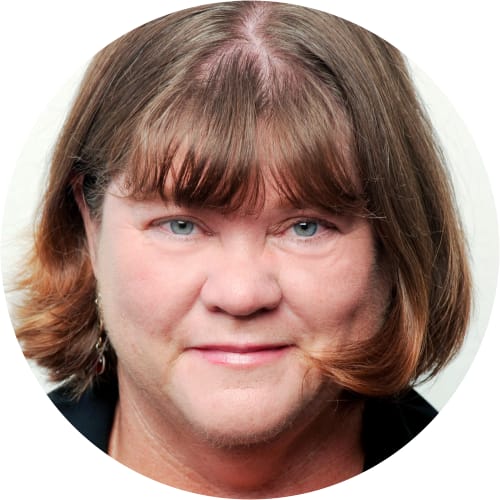Qwestion & Answer with Alexia Russell, RNZ’s “The Detail” Podcast Producer
Qwoted is committed to exploring the current state of the media by speaking to industry leaders and educating future generations of media professionals. What has social media and technological innovation brought to the table? What can we expect for the future of journalism?

Alexia Russell began her journalism career at a young age, landing her first reporting role at 17. For the next seven years, she worked various newspaper jobs specializing in local government reporting before moving into radio. Russell was given the opportunity to experiment with producing, setting up talk show interviews, sports reporting, and more, before ending up at New Zealand’s biggest commercial talk brand NewstalkZB. Russell worked as NewstalkZB’s National News Editor for about 15 years before the 4am starts became a bit much. At age 50, Russell retrained in online and digital journalism, working as the NZ correspondent for Australia’s The New Daily. After two years at her next role with Newsroom.co.nz, Russell headed up a new venture by producing a daily news explainer podcast for RNZ. “For the first time in my 37-year career, I feel as if I am helping to improve the news literacy of the nation,” Russell says.
Q: The profession of journalism feels more attacked today than in a long time, but also highly necessary. Do you feel that’s true, and if so, why?
AR: Yes, it is more attacked than ever before, but that’s due to people having instant access to forums and social media, where they can immediately share their unfiltered opinions. That same instant publishing access has diluted the power of newspapers and authoritative journals. Since people don’t really distinguish between the sources of articles they read on the internet, rogue publications are lumped in with established ones. What is new is the personal vitriol that is coming with it.
Q: What do you think about the role of technology in journalism? Is it helpful? harmful? Something in between?
AR: ‘Technology’ is a broad brush! When I started my career, we didn’t even have electric typewriters or mobile phones, so just that area has seen huge advances. The issue with technology now is not whether it’s helpful or harmful, it’s that there is a lack of training around how to make the most of it.
Q: What learnings have made a tremendous difference in your career?
AR: There are no dumb questions. You don’t know if you can do something unless you try. You have better news judgement than you think. Having children makes you a much better time-manager. Foster friendships outside journalism.
Q: What do you see as some of journalism’s biggest potential pitfalls? And what gives you hope for the future of journalism?
AR: The poor (and getting worse) pay levels are sending the smartest and best journalists outside of the industry. What gives me hope is seeing some really switched on young people coming through, prepared to give journalism everything in spite of knowing they’ll never be rich from it.
Q: What are some of the best practices from journalism’s past that you feel need to be utilized now?
AR: Accuracy is everything, even at the expense of deadlines.
POPULAR POSTS
